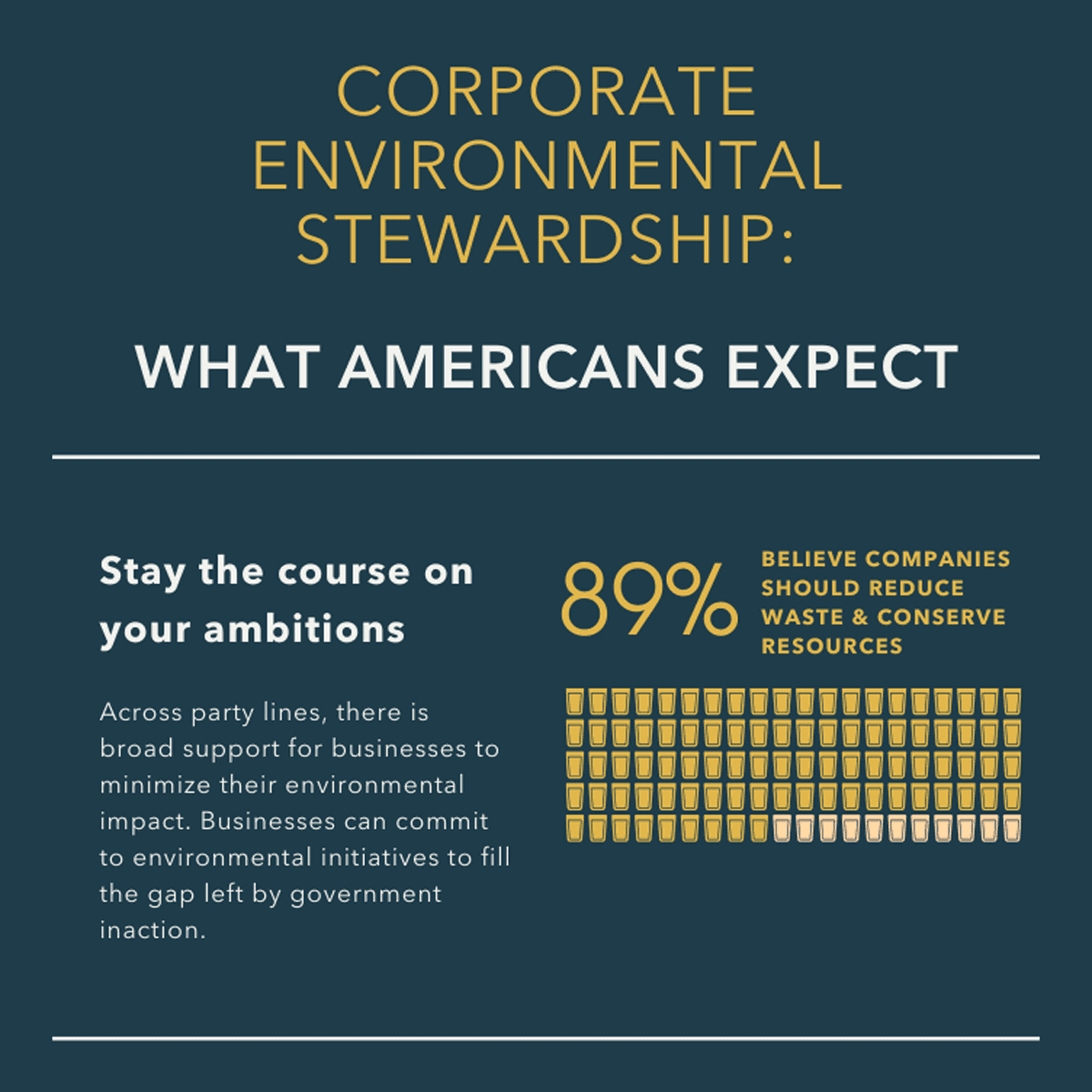

The recent report by the Intergovernmental Panel on Climate Change, published in August 2021, highlights one clear message: we are running out of time to avert catastrophic climate change above 2°C. With the gravity of the COVID-19 pandemic dominating news and concerns around the globe, many of us did not recognize that 2020 was the second hottest year on record, 0.6°C above the long-term average. With a new advent on the horizon, it depends on the global community and a commitment from the multiplicity of stakeholders to herald new frontiers while learning from the past.
The situation in emerging economies such as India is more complex—balancing growth and sustainable development. Under the Paris Agreement, India has three quantifiable nationally determined contributions: lowering the emissions intensity of its GDP by 33-35% compared to 2005 levels by 2030, increasing total cumulative electricity generation from fossil-free energy sources to 40% by 2030 and creating additional carbon sink of 2.5 to 3 billion tons through additional forest and tree cover. However, according to the third Biennial Update Report to the United Nations Framework Convention on Climate Change, India has reduced its emissions intensity target only by 24% as of 2016.
As the country with the third highest COVID-19 caseload in the world, India has been braving the dire economic impact of the pandemic and subsequent measures to curb the spread. Around 230 million Indians have been pushed into poverty during the past year. Hence, a focus on safely reopening and rebuilding the economy is critical to protect the most vulnerable population. However, it is also critical to sustain the impact of decades of progress made on the Sustainable Development Goals (SDGs).
Recently, the WHO COP26 Special Report on Climate Change and Health highlights the global health community’s prescription for climate action based on a growing body of research that establishes the many and inseparable links between climate and health. WHO Director-General, Dr. Tedros Adhanom Ghebreyesus noted that “the COVID-19 pandemic has shone a light on the intimate and delicate links between humans, animals and our environment. The same unsustainable choices that are killing our planet are killing people.”
The interdependence between the pandemic’s impact on the SDGs, welfare and growth needs to be considered to properly plan a resilient recovery. Across the world, governments and corporations have committed to net-zero emissions or climate neutrality targets toward 2050. However, as economies across the globe open back up, emissions bounced back to pre-pandemic levels by the end of 2020.
Lessons and realizations from the pandemic should not be forgotten, but rather imbibed and adapted to the local contexts to help to tackle the current crises and build back better for a sustainable future. This begets the need for multi-stakeholder commitment and action. Multilateral organizations, such as the World Bank Group, has remained the largest multilateral funder of climate investments in developing countries. Translating climate objectives into reality requires government cooperation and policies but also the private sector and businesses to play their part today.
Private Sector’s Moment to Pivot
Given the scale, contribution and reach, the role played by businesses will be critical in helping the world to tackle current crises and build back better to meet climate targets. Along with governments, businesses that create jobs and economic activity need to step up to meet the climate challenge, especially in emerging economies, to strike a balance between growth and sustainability.
Companies need to adapt their ways of doing business and invest responsibly. The COVID-19 pandemic has presented us with the opportunity to rethink, revise and realign our strategies to pivot on reviving the economy, securing growth with resilience for businesses, community as well as the planet.
To ask the fundamental question: what is in it for them? The answer is twofold.
First, there is ample evidence that companies that prioritize Environment, Social, Governance (ESG) parameters perform better and are more resilient in face of uncertainty. The pandemic has also added to the body of evidence that both public and private companies that put sustainability at the heart of their operations are outperforming the market and make more ambitious commitments as they see the potential business benefits unfolding ripple effects. If companies focus on improving their ESG performance, especially on the E or environment front, in such cases better returns on investment will have a direct bearing on the climate impact along with the allied parameters.
Building sustainable and resilient business models is key for companies to survive in the long run. The private sector has been working toward making a meaningful contribution to the battle against climate change through Corporate Social Responsibility contributions.
Second, along with better margins and returns, the private sector by the assessment of the climate impact of their decisions can realign strategies to reduce their negative environmental impact on vulnerable populations can meaningfully contribute to social development. Simultaneously, the extreme weather conditions—caused by climate change—also cause economic damage and loss of lives. Episodes of extreme weather variations result in supply chain disruptions, business continuity problems, labor productivity diminution which in turn has a bearing on business as well.
The backbone of a resilient economy depends on more sustainable practices. Strategy to navigate new frontiers should be durable as unchecked, global environmental emergencies such as climate change could cause social and economic damages with irreversible consequences.
Related Articles
Going Grassroots: 5 Key Learnings from Community Grants
April 16, 2025


